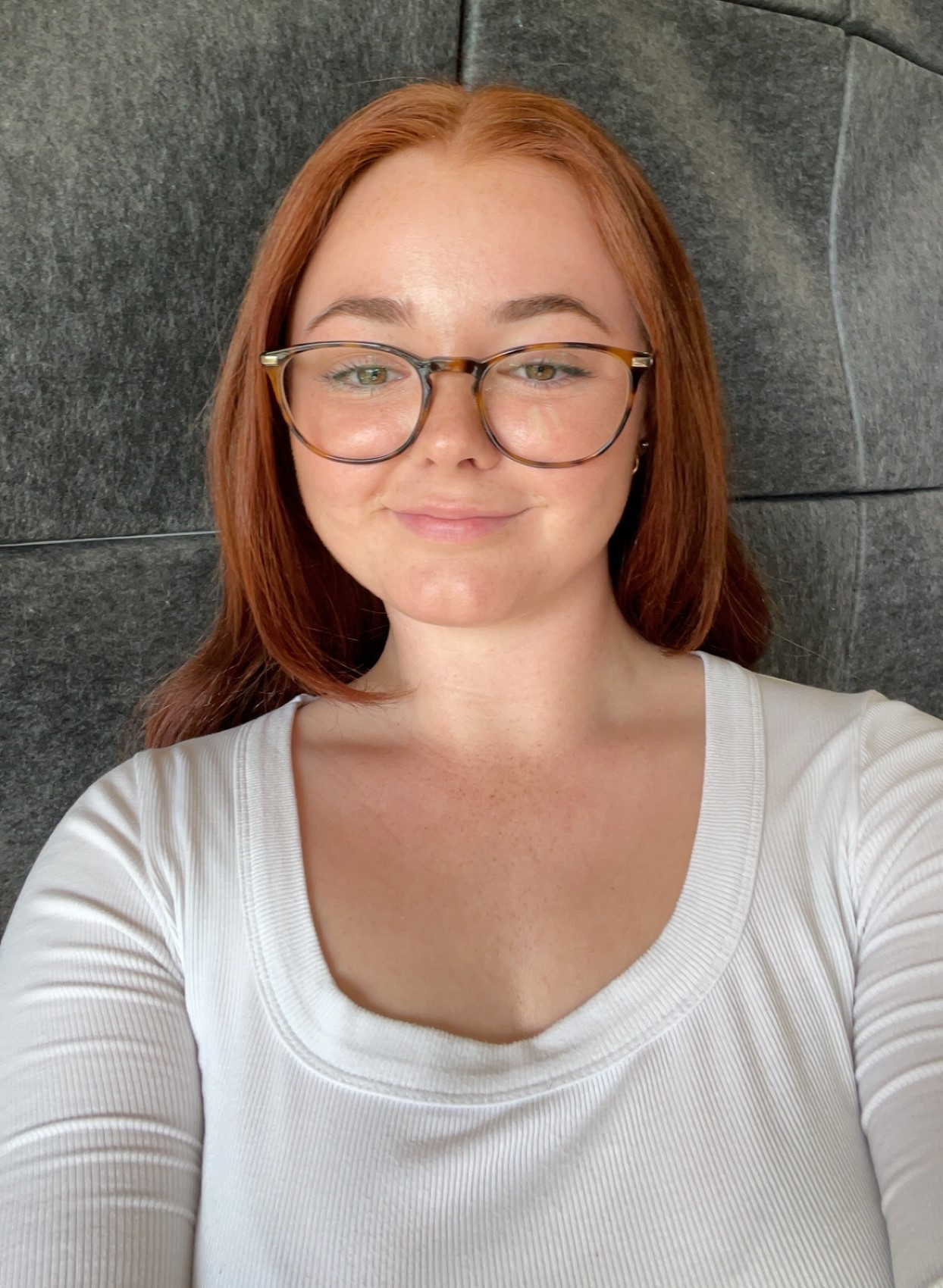Brain Tumour 2023 Scholarships Awarded
Congratulations to the 5 Students from UniSA who received the latest round of scholarship funding
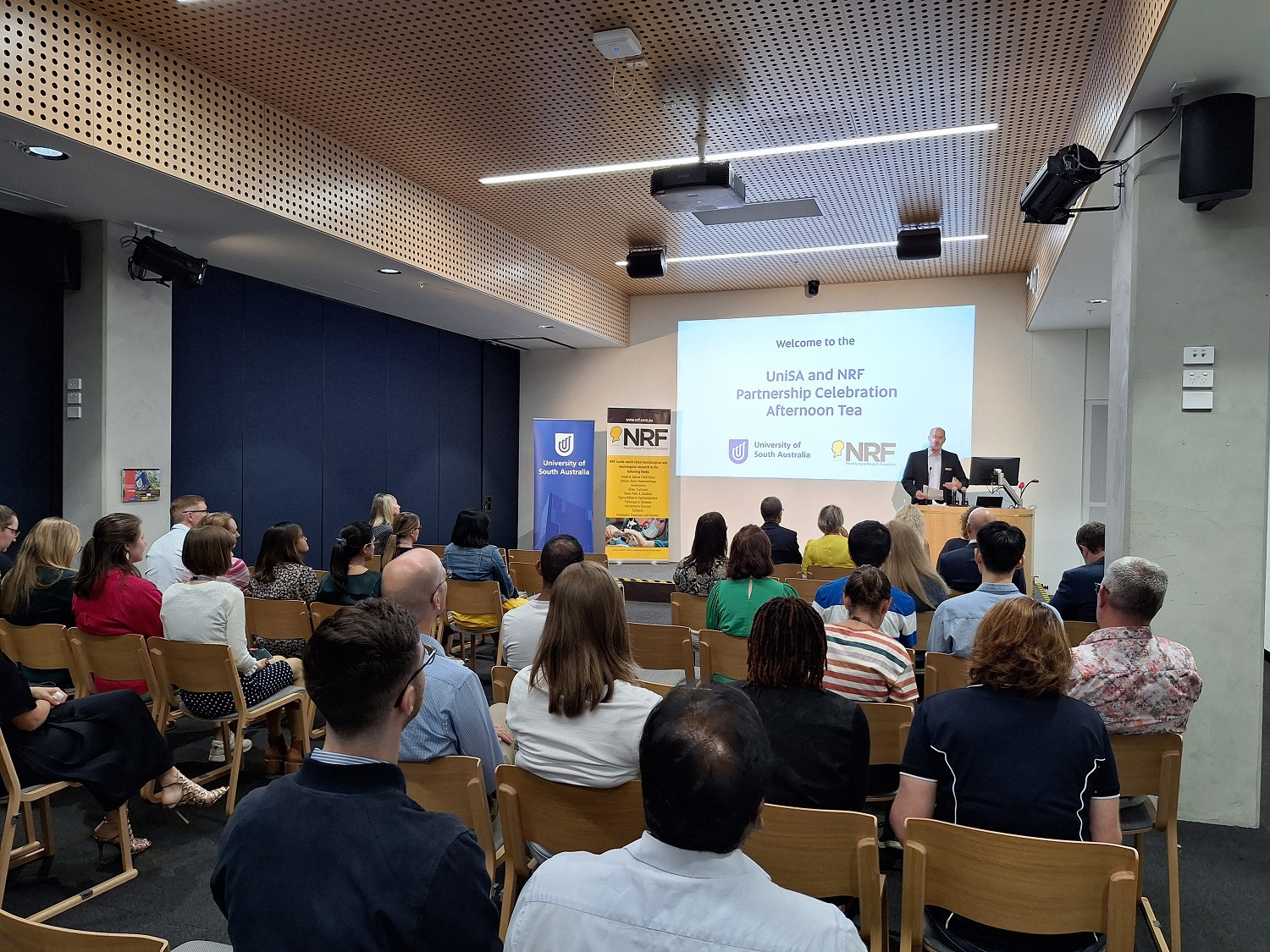
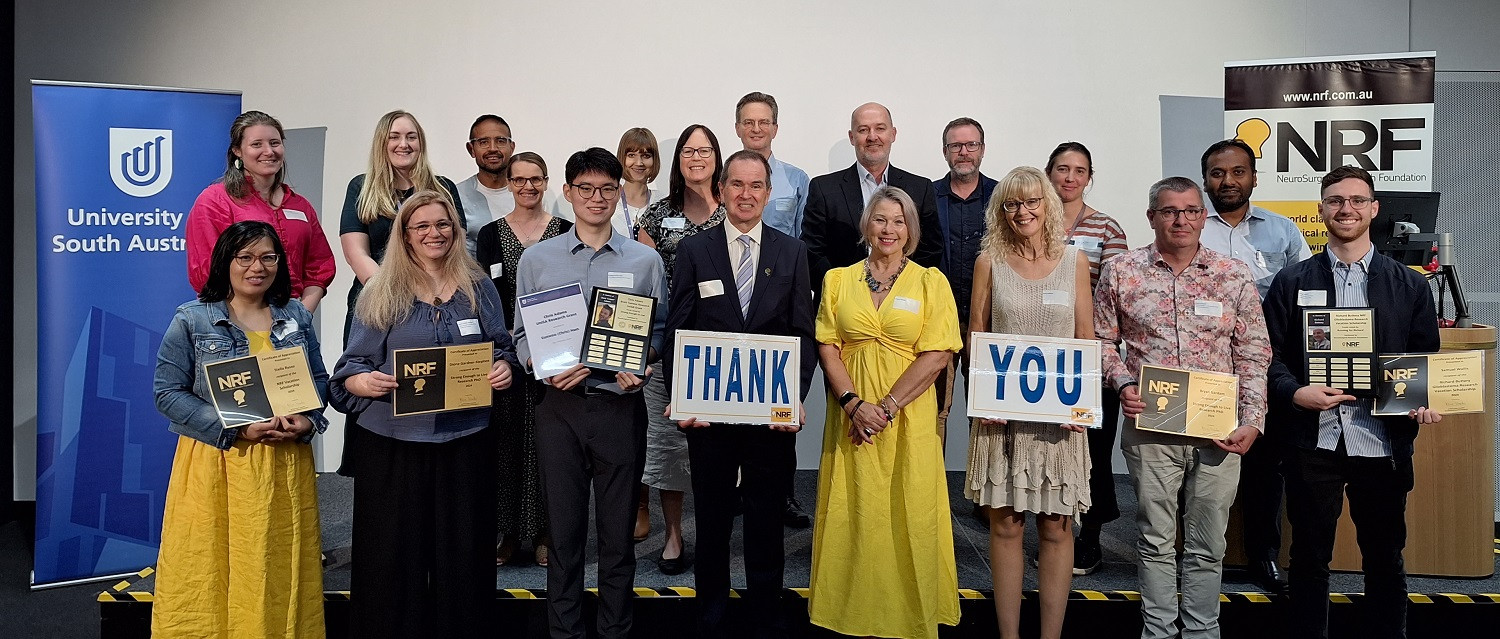
Read the UniSA press release here
Chris Adams Uni SA Research Grant
Eunwoo (Chris) Nam – Enhancing CAR T-cells to treat glioblastoma more effectively
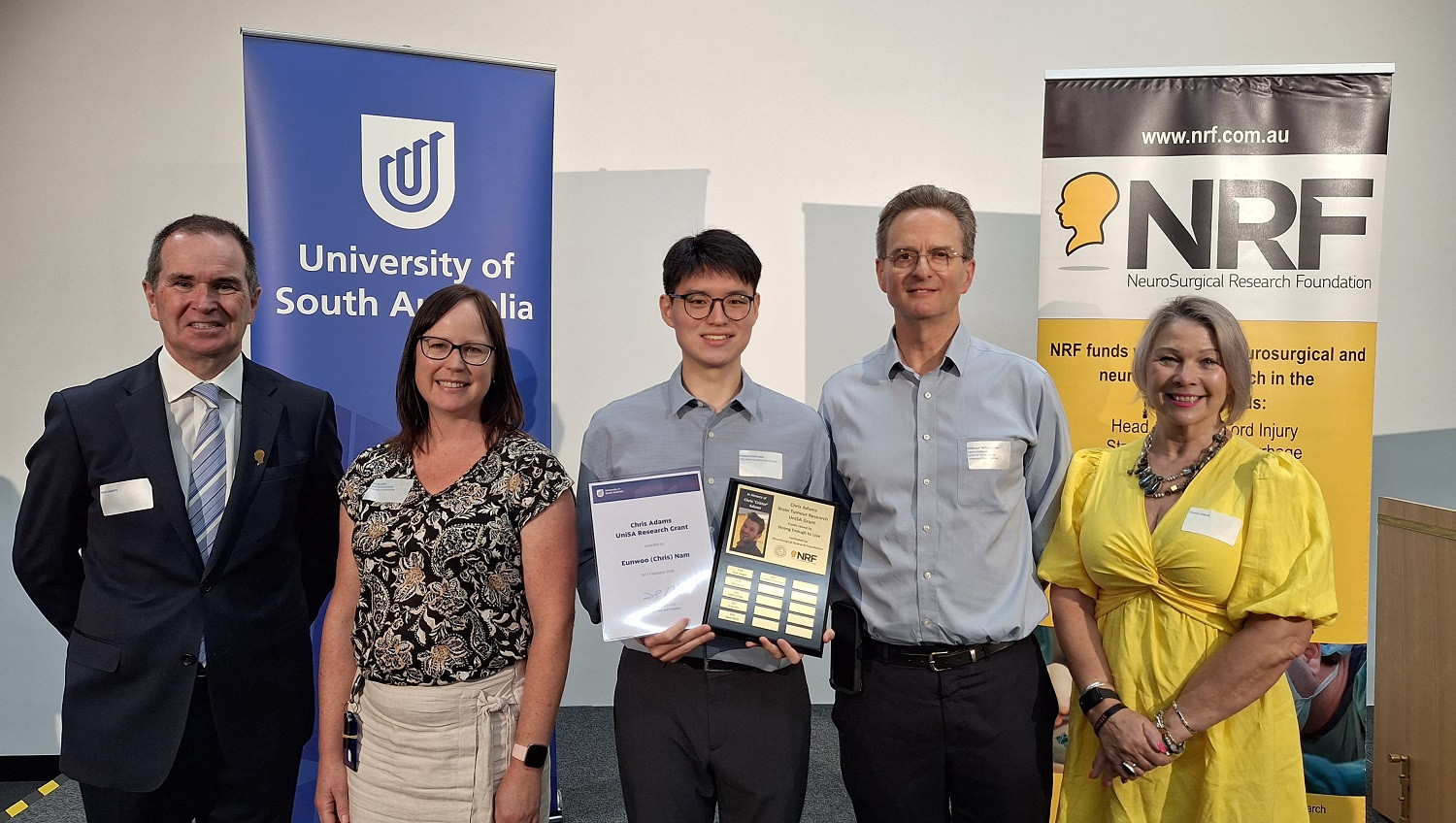
''Glioblastoma (GBM) is the most common and aggressive type of malignant brain tumour. Chimeric antigen receptor (CAR) T-cell therapy involves genetic modification of a patient's own immune cells to recognize and fight cancer cells. This technology has shown exciting promise as a new cancer treatment paradigm, but so far has demonstrated limited efficacy against GBM in clinical trials. One major hurdle is a lack of accumulation of CAR-T cells within brain tumours. In this project, we aim to equip CAR-T cells with chemokine receptors that match those chemokines found in GBM. This is expected to enhance the ability of CAR-T cells to specifically migrate to the GBM tumour and thus increase the number of CAR-T cells fighting against cancer cells.''
Supervisor - Assoc Prof Lisa Ebert & Prof Michael Brown, Translational Oncology Laboratory / Centre for Cancer Biology / University of South Australia
▼6 Years of Chris Adams Uni SA Research Grant Recipients ▼
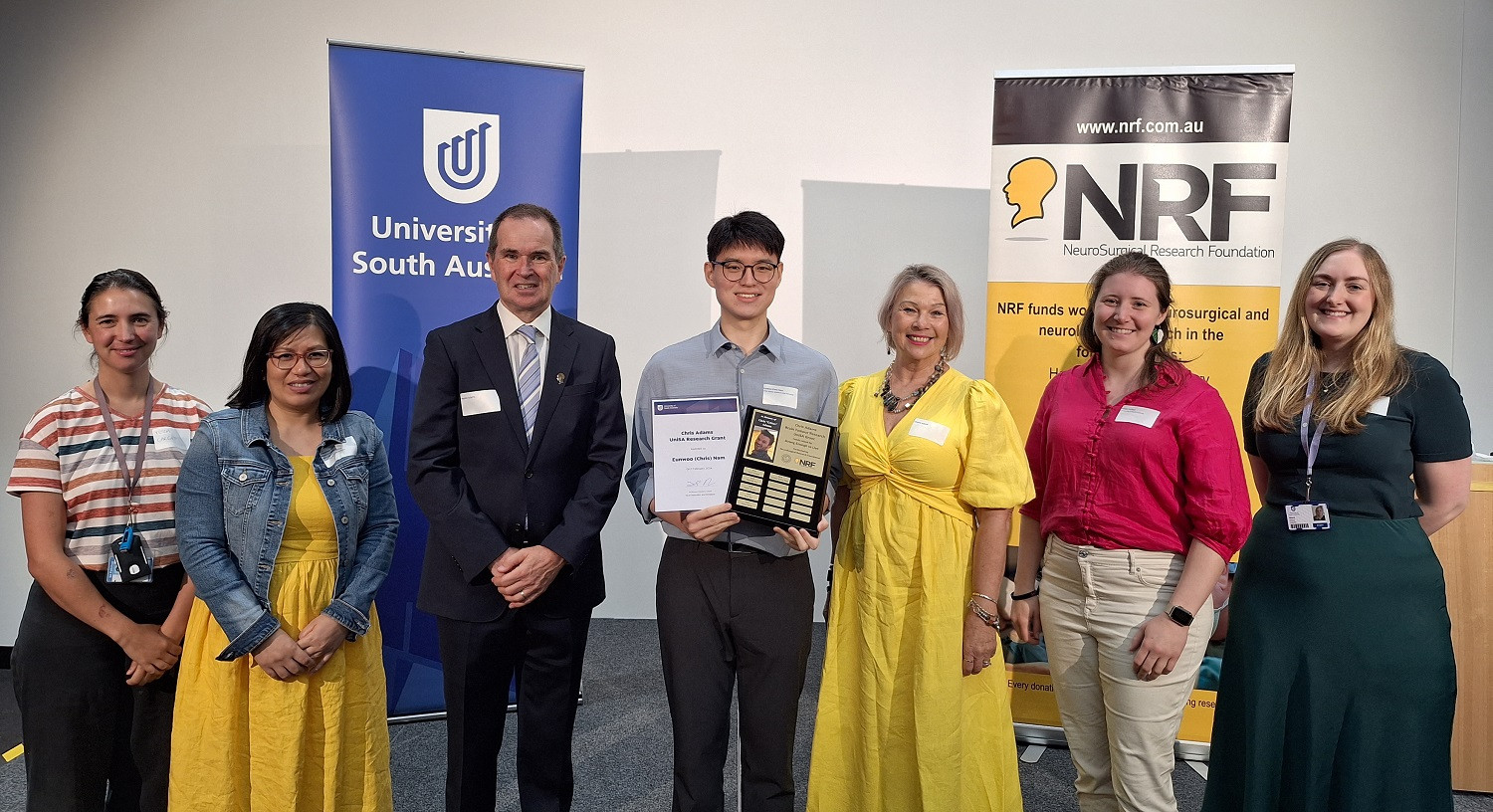
▲ Pictured above left to right: Dr Tessa Gargett (2018), Dr Melinda Tea (2019), Martin Adams, Eunwoo (Chris) Nam, Cherrie Adams, Caitlin Sheer (2020), Dr Chloe Shard (2022)
Missing: Erica Yeo (2021)
Strong Enough to Live PhD
Bryan Gardam – Investigating the Dendritic Cell – T Cell Axis in Glioblastoma to Explore New Combination Immunotherapy Treatment Options
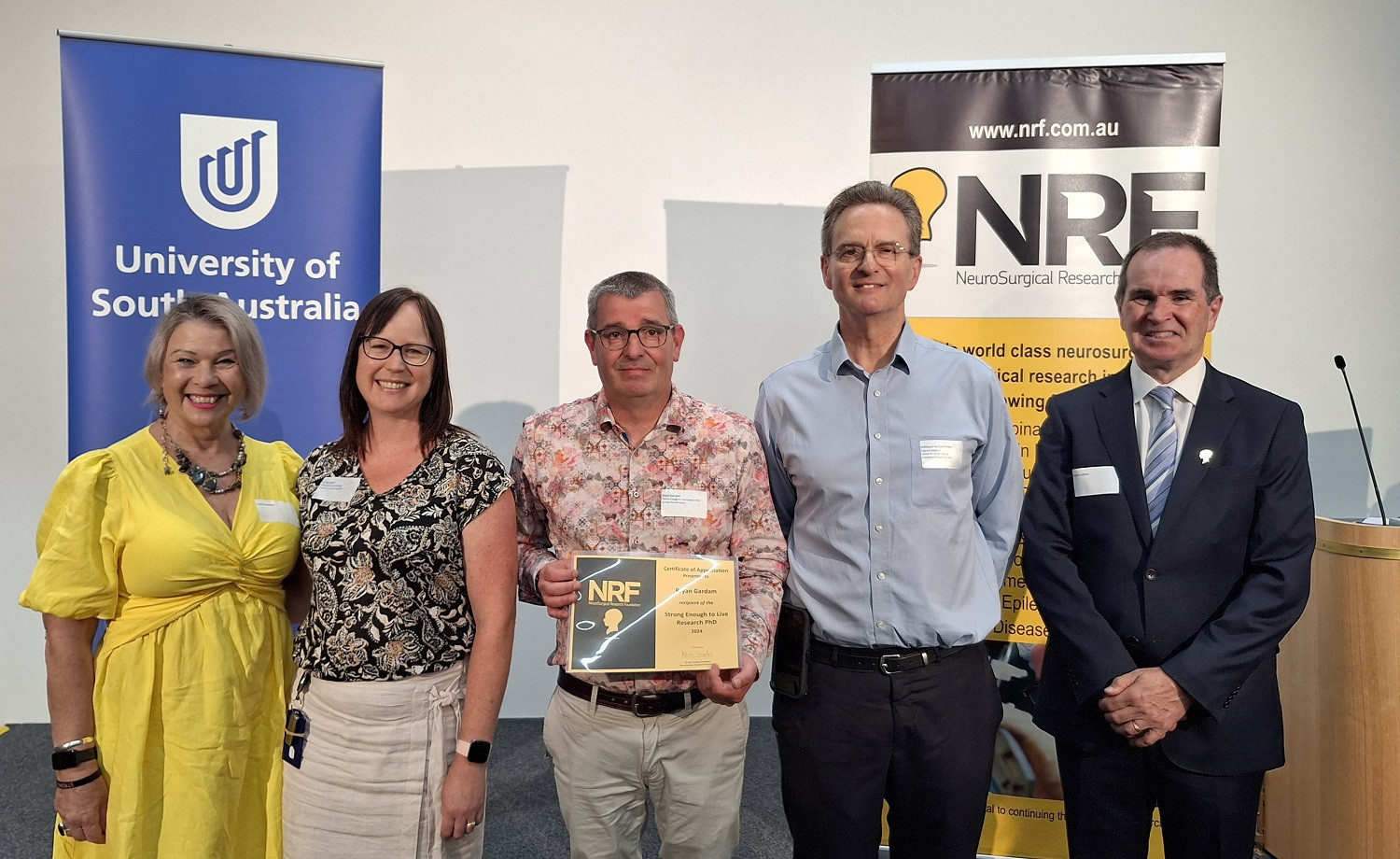
''The project investigates special white blood cells called dendritic cells. Dendritic cells can detect foreign substances and present them to other white blood cells called T cells. T cells are the soldiers of the immune system that, once primed by dendritic cells, launch an adaptive immune response to fight off infection or disease and, in the case of glioblastoma, by killing the cancer cells. In previous studies, dendritic cells have been reported to be reduced and less functional in glioblastoma. Our research aims to understand which dendritic cells are reduced in glioblastoma, and find ways to fix this problem. Glioblastoma currently has a very poor prognosis, with a survival rate of less than 18 months following diagnosis. In this project, we hope that by understanding the effects of the tumour on dendritic cells, we can investigate ways to target the dendritic cell – T cell axis to make a difference in the outcomes for people with glioblastoma, by exploring options to restore the number and function of dendritic cells in models of glioblastoma and look at combination treatments with CAR-T cells.''
Supervisor - Assoc Prof Lisa Ebert & Prof Michael Brown, Translational Oncology Laboratory / Centre for Cancer Biology / University of South Australia
Strong Enough to Live PhD
Dione Gardner-Stephen – Identification and assessment of new treatment options for the childhood cancer medulloblastoma
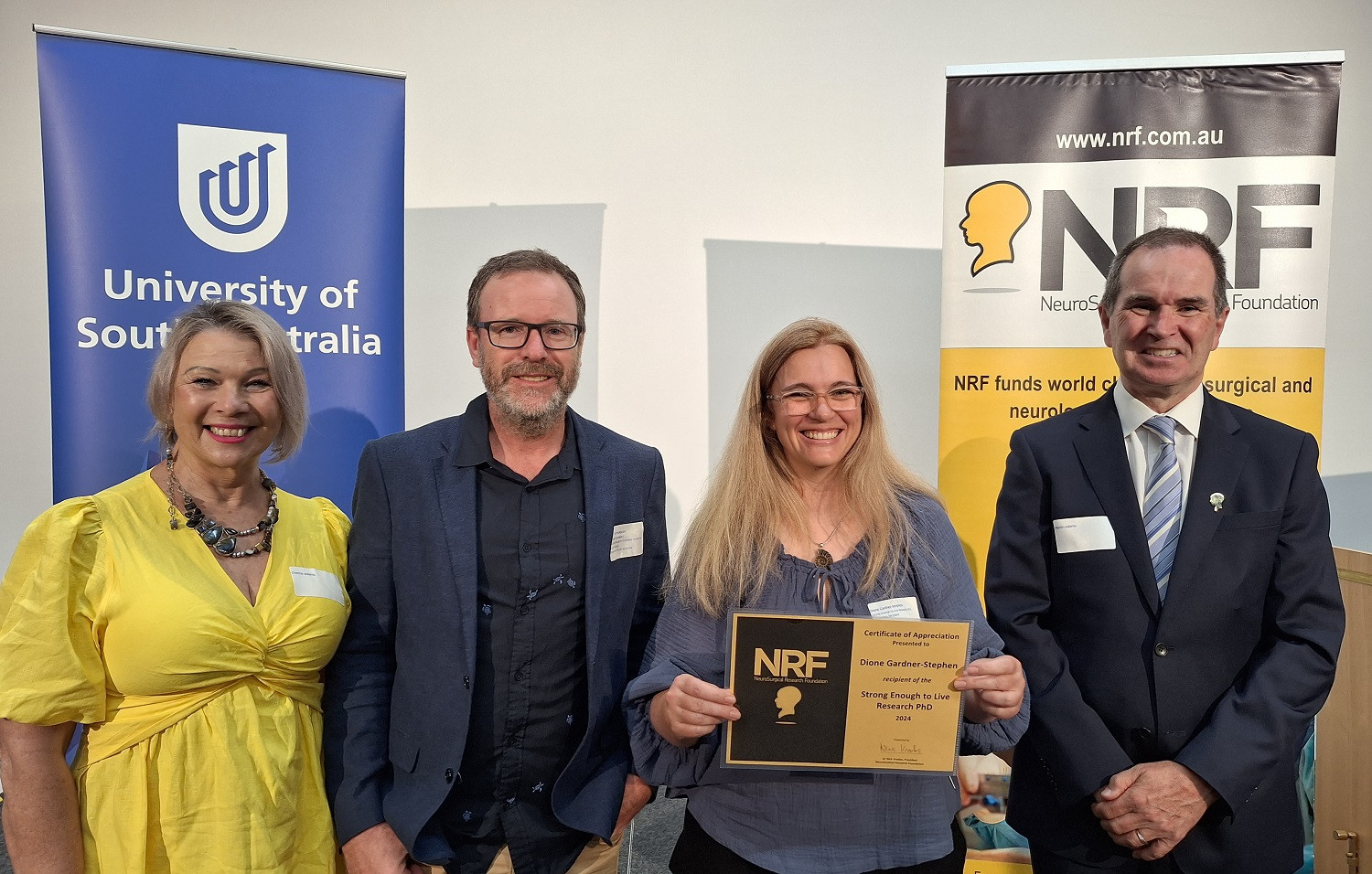
''Medulloblastoma is a devastating childhood brain cancer with poor prognosis for survival and quality of life. Survival rates for the most highly malignant types of medulloblastoma remain at less than 40%, and are essentially nil for infants too young for radiation therapy. Furthermore, it is a difficult disease to study in depth due to its embryonic origins. My project aims to establish a reliable method for maturing human induced pluripotent stem cells into cerebellum-like organoids for systematic study of the causes of medulloblastoma. To model medulloblastoma in these cultures, we will trigger known molecular defects associated with high-risk patients at relevant points of neural development. Then we will use powerful bioinformatics techniques to analyse our models and also compare with patient data from extensive medulloblastoma tumour databases, informing our understanding of how and why medulloblastomas arise. The resulting experimental system and insights gained are anticipated to be valuable for drug screening studies, ultimately aiming to discover therapies that are more effective against medulloblastoma and less harmful to patients.''
Supervisor - Assoc Prof Quenten Schwarz, Neurovascular Research Laboratory (Schwarz) and Gene Regulation Bioinformatics Group (Pillman), Centre for Cancer Biology, Uni SA
Richard Buttery NRF Glioblastoma Research Vacation Scholarship - Year 3
Samuel Wallis – Evaluating Lysosome Function in Glioblastoma
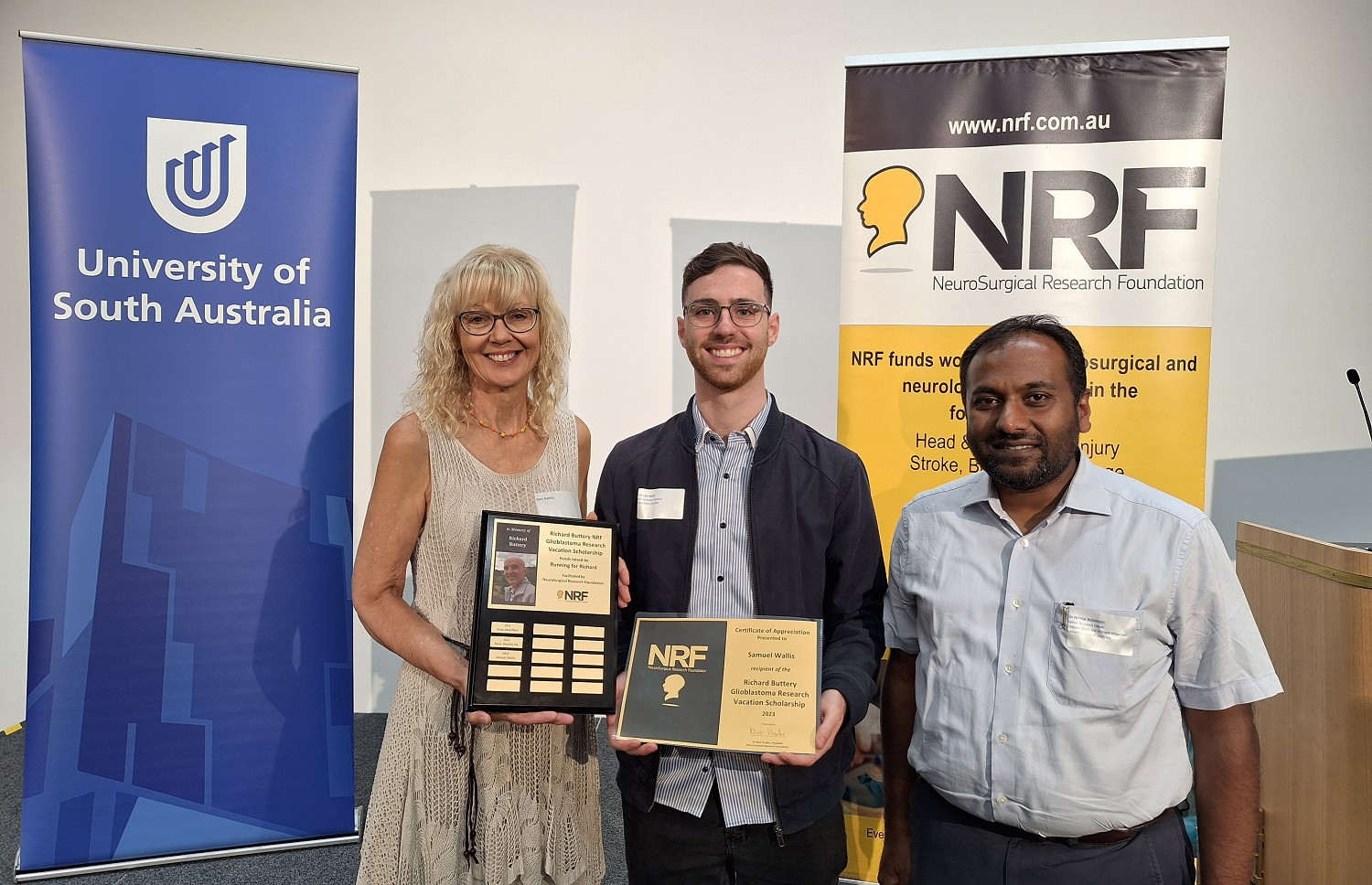
''Glioblastoma is a deadly brain cancer with a median survival time of 14 months. My project is to investigate a potential vulnerability in glioblastoma cells. Glioblastoma cells survive in hypoxic conditions by undergoing ER-phagy, a process where the cells break down sections of the endoplasmic reticulum which are undergoing stress. By inhibiting the cell membrane receptor CD47 this may allow for this process to be disrupted. My project investigates the connection between CD47 and ER-phagy. If CD47 stimulates ER-phagy, this may allow glioblastoma to be treated by a combination of drugs that inhibit CD47 and ER-phagy.''
Supervisor - Dr Nirmal Robinson, Cellular-Stress and Immune Response (Robinson), UniSA Centre for Cancer Biology
NRF Research Vacation Scholarship
Stella Russo - More effective therapies are desperately needed for glioblastoma.
‘’In this project, we will examine the effect of deletion of SphK1 and/or SphK2 on glioblastoma proliferation, migration and response to chemotherapy and radiotherapy. Successful outcomes will provide valuable insights into the sphingosine kinases as new therapeutic targets for glioblastoma’’
Supervisor - Prof Stuart Pitson, Molecular Therapeutics, Uni SA
You can donate to South Australian Neurosurgical Scholarhips below, make sure to tick the scholarship option at the bottom of the form:





